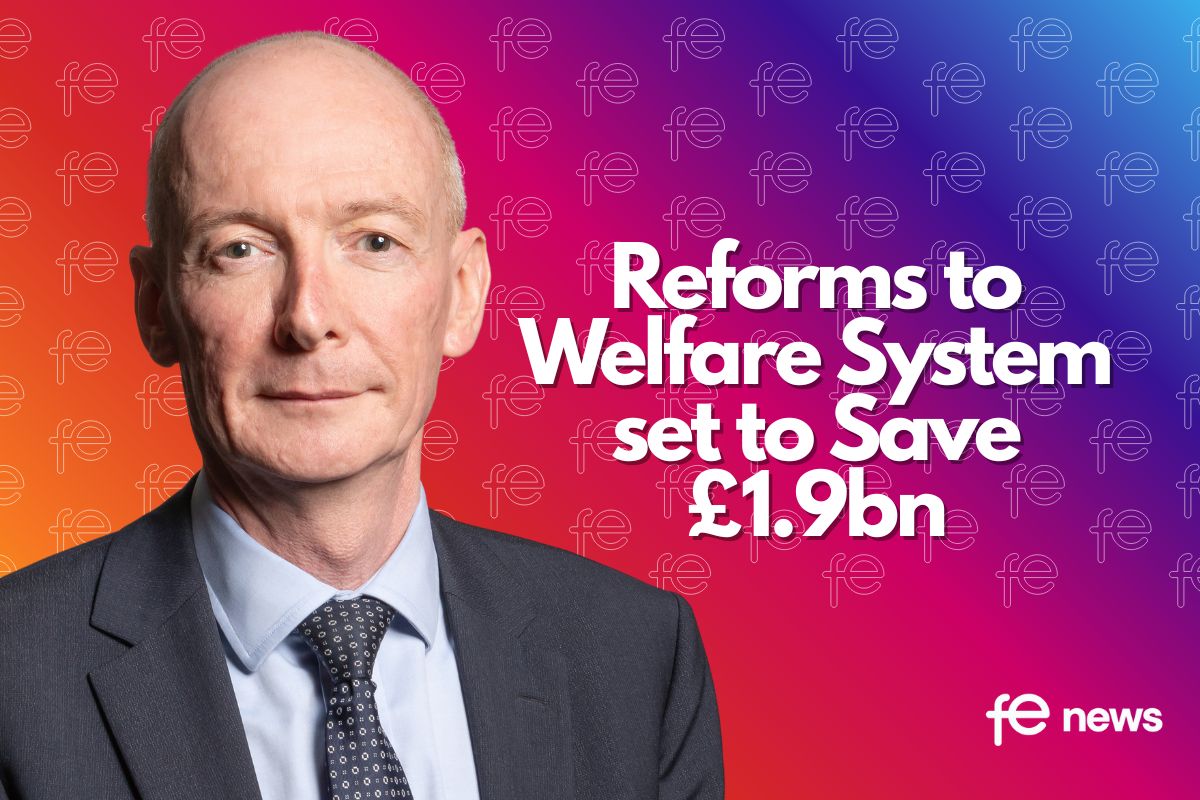TUC – 2022 is the worst year for real wage growth in nearly half a century

2022 has been the worst year for real wage growth in nearly half a century, new TUC analysis reveals today (Monday).
- Average earnings have shrunk by nearly £80 a month over the course of the year
- Key workers in the public sector have seen their pay plummet by £180 a month in real terms
- Working people have been “pushed to breaking point” by over a decade of pay being held down warns TUC
- Conservative government is refusing to have meaningful pay negotiations, says union body
The analysis of official statistics reveals that real wages (that is, wages after the cost of living has been taken into account) have slumped by 3.0% over the course of 2022.
This is the sharpest fall in real wages since 1977 and the second worst on record since 1945.
Working people have lost, on average, £76 a month in 2022 as a result of their pay not keeping pace with inflation.
Key workers hit hardest
Key workers in the public sector have been hit hardest by the UK’s real wage slump.
The government’s decision to hold down public sector pay means that public sector workers have lost, on average, £180 a month in real earnings over the past 12 months.
Many of the UK’s pandemic heroes have seen their wages plummet in 2022:
- Nurses’ real pay fell by £1,800 over the last year
- Paramedics’ real pay fell by £2,400 over the last year
- Midwives’ real pay fell by £2,400 over the last year
The union body say the real wage losses suffered by public servants this year comes after a decade of “pay suppression” in the public sector.
Nurses are earning £5,000 a year less – in real terms – than they were in 2010. And for midwives and paramedics this rises to over £6,000.
Longest pay squeeze in 200 years
The TUC says working people have been “brutally exposed” as the cost of living has soared this year.
UK workers are currently enduring the longest pay squeeze in more than 200 years – with average pay still worth £85 a month less than in 2008.
And in the public sector average pay is down by £204 a month in real terms compared to 2008.
Pushed to breaking point
The TUC says the current wave of industrial action in Britain is the result of workers “being pushed to breaking point” by years of pay austerity.
The union body today repeated its calls for ministers to engage in meaningful pay talks.
Unions last week wrote to the Chancellor Jeremy Hunt to ask him to end the government’s refusal to hold negotiations on public sector pay.
Get wages rising
The TUC says that rather than holding down wages, ministers should be working with unions to boost workers’ living standards and spending power.
The union body said it was “nonsense” to claim that raising wages would hike inflation and that any serious plan for improving growth must involve putting more money back into workers’ pockets.
The TUC warns that without action to boost pay packets, the squeeze on household budgets will continue for years to come
TUC General Secretary Frances O’Grady said:
“People should be able to look forward to Christmas without having to worry about how they’ll pay for it.
“But family budgets have been shredded by soaring bills and more than a decade of pay being held down.
“The Conservatives have presided over the longest real wage squeeze in over 200 years. That is a badge of shame.
“The Tories’ failure to get pay rising has left millions of households brutally exposed to the cost of living emergency.
“It’s time to reward work – not wealth. We cannot be a country where NHS and teaching staff have to use foodbanks, while City bankers are given unlimited bonuses.”
On the prospect of more strikes Frances added:
“Nobody takes strike action lightly.
“But workers have been pushed to breaking point by years of wage stagnation.
“If there are strikes across different sectors this winter the government only have themselves to blame.
“They have chosen to hold down the pay of our pandemic heroes and make the staffing crisis in our public services worse.
“Where unions are allowed to negotiate with employers they’re winning better deals – from Buses to BT.
“But the government are preventing meaningful negotiations from taking place.
“Ministers seem more interested in escalating disputes than resolving them.”











Responses